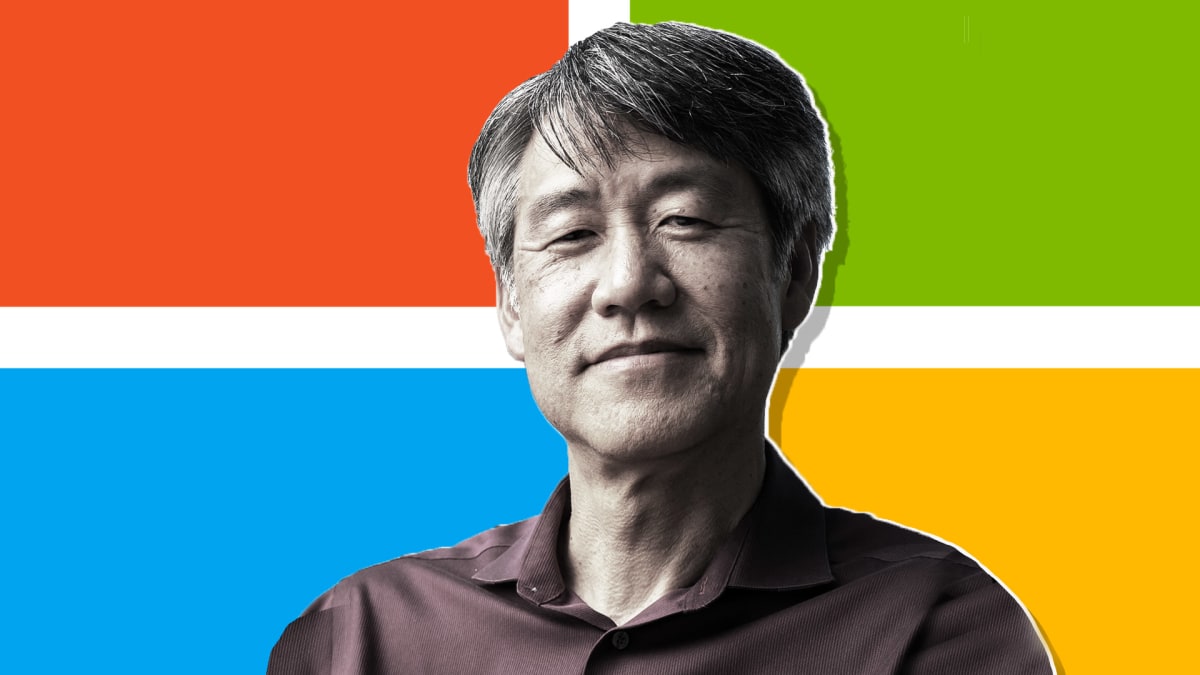
Peter Lee could use some rest.
Microsoft's (MSFT) head of research has been missing out on some shuteye after spending time with OpenAI's GPT-4, the AI-powered tool that simulates human conversation.
The software giant has invested more than $10 billion in the startup and Lee has invested a lot of time with GPT4.
"I lost a couple weeks of sleep,” Lee during a March 27 lecture at the University of Washington, according to GeekWire. “It was very intense.”
Lee is tasked with assessing the implications of the tool for medicine. He believes it could increase efficiency and even empathy in the healthcare system, as well as boost biomedical research.
GPT-4 has “amazing capabilities” Lee said during his lecture. And “ends up being a really potentially useful tool” for medicine.
Notes to Patients
GPT-4, which was launched on March 13, is the latest language model of ChatGPT, a chatbot that responds to queries by giving human-like responses.
The chatbot can solve complex mathematical equations, write a poem, write a book, suggest cooking recipes, and more. GPT-4 is supposedly bigger, faster, and more accurate than ChatGPT.
OpenAi said that while GPT-4 is less capable than humans in many real-world scenarios, it “exhibits human-level performance on various professional and academic benchmarks,” including passing a simulated bar exam with a score around the top 10% of test takers.
GPT-4 is a "multimodal" tool, so it can produce content in response to both image and text commands.
In article in the New England Journal of Medicine, Lee and his colleagues said GPT-4 "can write computer programs for processing and visualizing data, translate foreign languages, decipher explanation-of-benefits notices and laboratory tests for readers unfamiliar with the language used in each, and, perhaps controversially, write emotionally supportive notes to patients."
"Although we admit our bias as employees of the entities that created GPT-4, we predict that chatbots will be used by medical professionals, as well as by patients, with increasing frequency," the article said.
Even More Powerful Systems Coming
Lee and his colleagues concluded the article by speculating that “GPT-4 will soon be followed by even more powerful and capable AI systems — a series of increasingly powerful and generally intelligent machines.“
“These machines are tools, and like all tools, they can be used for good but have the potential to cause harm," the article said. "If used carefully and with an appropriate degree of caution, these evolving tools have the potential to help health care providers give the best care possible."
Many people have expressed concern about the rapid spread and spooky possibilities of AI.
Elon Musk, Tesla (TSLA) and Twitter CEO, and Apple (AAPL) co-founder Steve Wozniak were among the more than 1,100 signatories of an open letter calling for a six-month moratorium on the development of advanced A.I. systems.
The letter calls on technology companies to cease training A.I. systems that would be more powerful than GPT-4.
Musk does not like to see Microsoft turning the efforts of OpenAI, a startup in which he was an early investor, into a big source of revenue and profit.
For the billionaire, the startup had to remain a non-profit on which most people, companies and researchers, interested in AI, could rely.







